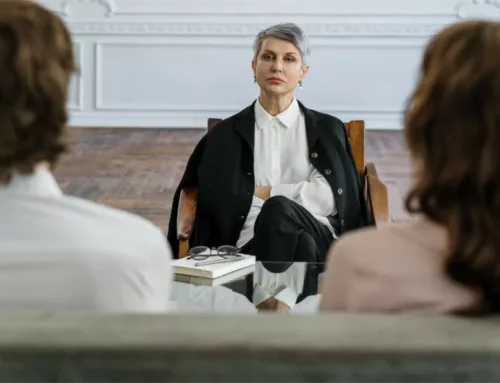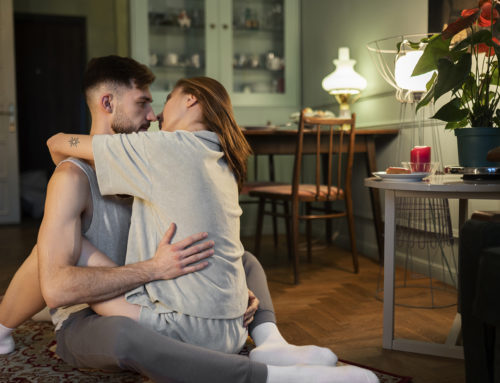There’s an emotional intensity that comes into play when we deal with the loss of a loved one.
As couples therapists, we understand the strain that grief can place on our most intimate relationships. This is particularly true when partners cope with intense emotions differently.
Based on their own emotional histories or “meta-emotions,” some individuals cover up their pain, stifle it, internalize it, or even deny it.
At the other end of the spectrum are those patients that are comfortable expressing their emotions. This can threaten partners unaccustomed to such intense feelings.
And it’s when partners feel the other doesn’t understand or empathize with what they’re going through that they fall back on unproductive defense mechanisms. The result is frustration, anger, mistrust, and hurt. That said…
Grief presents an opportunity for clinicians to develop and strengthen the bond between their patients.
Here are 3 ways that couples therapy can help a couple through times of grief.
Grief provides the opportunity for partners to better understand one another.
True breakthroughs in therapy come when both patients are vulnerable with their emotions and open to empathizing with their partner.
A deeper understanding of our partners establishes a closeness that facilitates insight into the partnership and a strengthening of the relationship.
A therapist must help the couple understand where their partner is coming from and teach the couple techniques on how best to handle their emotions as well as deal with those of their partners.
Grief provides the opportunity for couples to develop more productive communication skills.
It’s incredibly destructive to a relationship when a partner feels unsupported or misunderstood. And that can happen either after a large event like a death or even just small misunderstandings that build up over a long period of time.
Grief and loss can be a time for growth for couples provided they learn more productive behaviors that allow them to repair their relationship as opposed to wedging it further apart.
A large part of this boils down to listening to our partner. But it goes beyond just listening. A couples therapist must also focus sessions on the ability to empathize to create a space for a couple to share their emotions where each partner can be truly heard.
Grief provides the opportunity for couples to adapt to their circumstances.
If a couple can support each other during the grieving process, it’s a testament to their resilience. Grief can be one of the most difficult emotions to work through. Being able to weather it strengthens a couple’s bond and relationship.
Interested in learning different techniques on how to deal with grief from the Couples Therapy Academy?
We created the Couples Therapy Training Academy for clinicians committed to learning more and gaining confidence in their practice.
Find out how the Couples Therapy Training Academy can help you improve your clinical skills by clicking here.






Leave A Comment